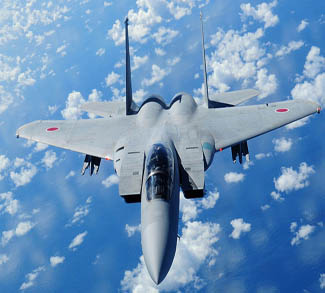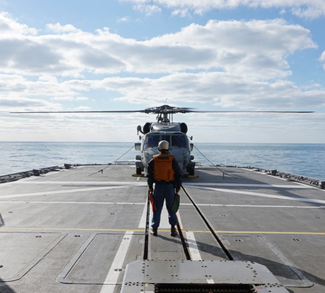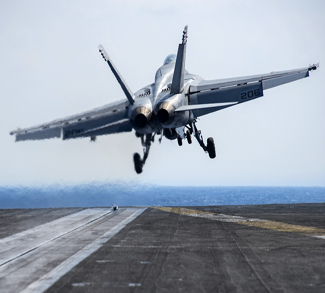Summary
The Security Council of Japan has agreed to dispatch the Maritime Self-Defense Force (MSDF) to Somalia in an anti-piracy role. This deployment of two MSDF destroyers builds on Japan’s 2004 deployment of 1000 troops in Iraq. Both can be viewed as signals that Japan is vying for an increased role in matters of international security – a trend that will impact U.S.-Japanese and Sino-Japanese relations.
Analysis
Historically, Japan’s post- WWII ‘pacifist’ constitution has limited the ability to project its considerable military power away from the coasts of Japan. Recent Japanese governments have circumvented restrictions by passing laws and interpreting constitutional articles on a very loose basis. These fledgling deployments could constitute a lead-up to the eventual amendment and removal of the pacifist clauses in the Japanese constitution, a goal Prime Minister Shinzo Abe hinted at in 2004.
There are indications within the Obama camp that his administration wants to re-emphasize the importance of U.S.-Japanese relations after the years of neglect during the Clinton and Bush administrations. Japanese increases in military spending and willingness to take a more assertive role in matters of international security promote American interests in East Asia. A powerful Japan reduces disproportionate expenditures that the U.S. must commit to international security while simultaneously freeing up military assets currently deployed in Okinawa. Moving forward, Japan will likely continue efforts to strengthen its alliance with the U.S. and prove that it is more than just a ‘junior partner’. This alliance forms the lynchpin of Japan’s security strategy to protect its interests from growing Chinese power and influence in the region.
While the American administration may welcome signs of Japanese emergence in matters of international security, the opposite is true for China. Japan’s emergence as a global military player jeopardizes two of China’s national objectives: Territorial unity and regional dominance. In 2005, Taiwan was declared a mutual security concern within the U.S.-Japanese alliance. Months later, China passed the anti-secession law that legally guarantees war in the event of Taiwanese independence. A more robust Japanese military automatically raises fears of an U.S.-Japan-Taiwan axis in Beijing. China’s rising power and influence in East Asia is facilitated by Japan’s present pacifist constitution, as it removes much of the possibility of overlapping and conflicting military spheres of influence in the region.
The most serious consequence of Japanese military ascendance could stem from the Chinese people. The scars from Japan’s WWII invasion of China remain prevalent to this day. Issues like the portrayal of WWII in Japanese textbooks or high-level visits to the sensitive Yakusuni Shrine can elicit popular Chinese outrage and occasional riots. Any indications of an increased global role for Japan’s military will be interpreted as a re-emergence of Japanese militarism. In the past, the Chinese government has encouraged these sentiments as a way to deflect popular disenchantment with CCP policies or corruption. Given that the global economy is entering a period of pronounced downturn, the Chinese government may be inclined to once again play on nationalist themes as a way to deflect attention away from the worsening economic situation within China.
Ultimately the U.S. remains the foremost military and economic power in the region and, as such, must find a way to balance their desire for a stronger Japanese military role with the destabilizing effects that this role may have on Sino-Japanese relations and by extension East Asia as a whole.



